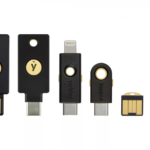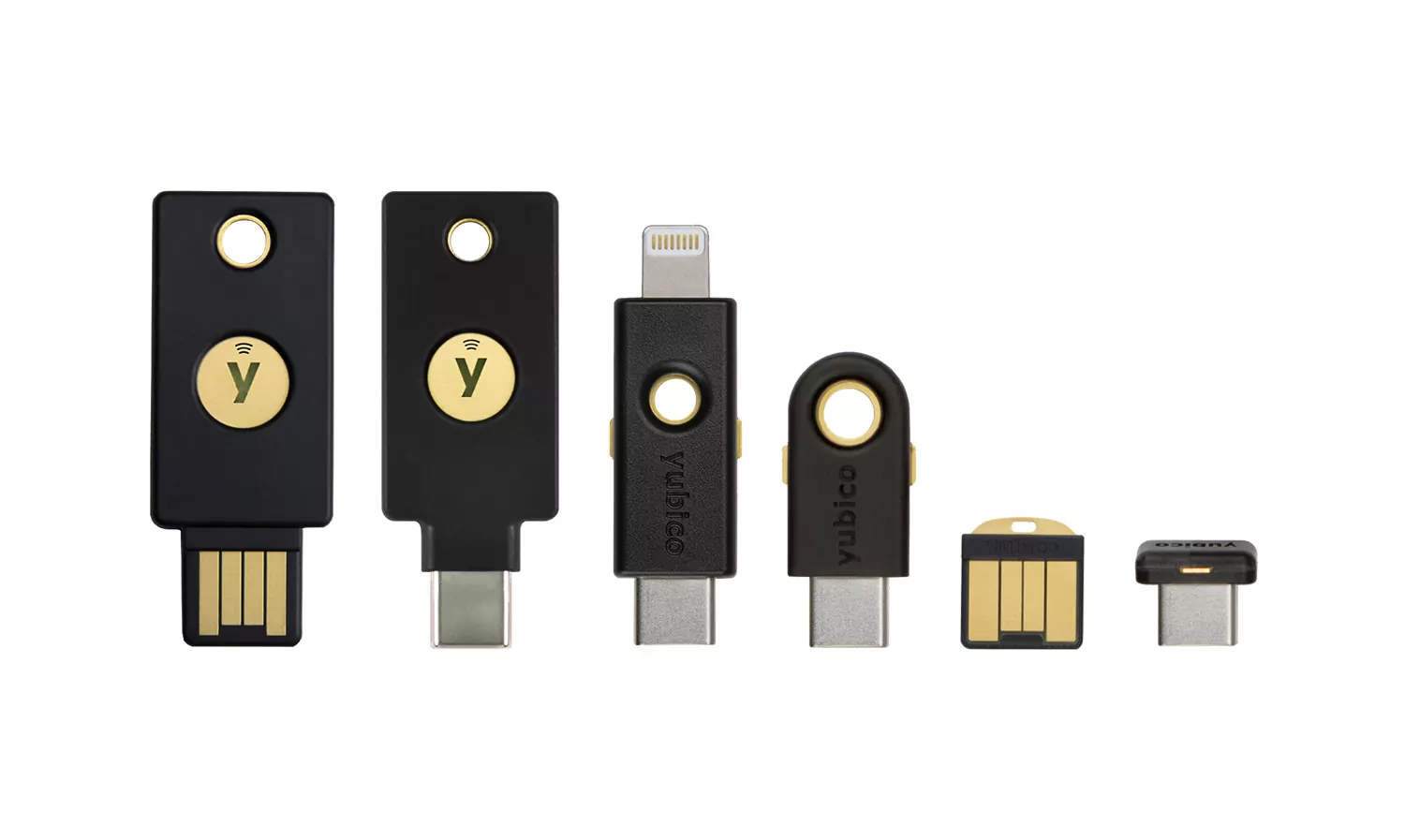The advent of the remote work era has transformed the way we do business, offering flexibility and accessibility but also introducing new cybersecurity challenges. Protecting sensitive data in this environment has become paramount. Here, we explore the significance of cybersecurity in the remote work era and strategies to ensure data protection. Click here to get info about cyber security hardware.
Heightened security risks:
Remote work has expanded the attack surface for cybercriminals. Employees access company data from various devices and networks, making it easier for malicious actors to exploit vulnerabilities and launch cyberattacks.
Endpoint security:
Endpoint security is crucial in the remote work environment. Employers should ensure that all devices used for remote work, including laptops, smartphones, and tablets, are equipped with up-to-date security software, firewalls, and encryption to safeguard data.
Virtual private networks (VPNs):
VPNs create secure, encrypted connections for remote workers, protecting data as it travels between the employee’s device and the company’s network. Encouraging employees to use VPNs when accessing company resources remotely enhances data protection.
Strong authentication:
Implementing strong authentication methods, such as multi-factor authentication (MFA), adds an extra layer of security. Even if an attacker gains access to login credentials, MFA requires an additional verification step, making unauthorized access much more challenging.
Secure file sharing and collaboration tools:
Utilizing secure file sharing and collaboration tools with robust encryption ensures that data shared among remote teams remains confidential. These tools also offer control over who can access and edit sensitive documents.
Employee training:
Remote employees should receive cybersecurity training and awareness programs. They need to recognize common threats like phishing emails, which can compromise data security, and understand best practices for online safety.
Data encryption:
Encrypting data at rest and in transit is essential. Even if a remote worker’s device is compromised, encrypted data remains inaccessible to unauthorized individuals.
Cybersecurity is the cornerstone of data protection in the remote work era. Organizations must adapt to the changing landscape by implementing robust security measures, providing employee training, and staying vigilant against evolving cyber threats. By doing so, they can strike a balance between remote work flexibility and data security, safeguarding sensitive information in an increasingly digital and decentralized world.












